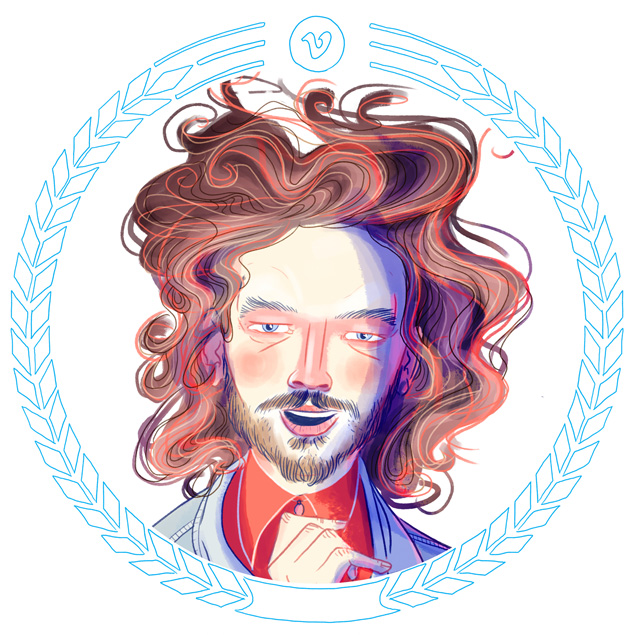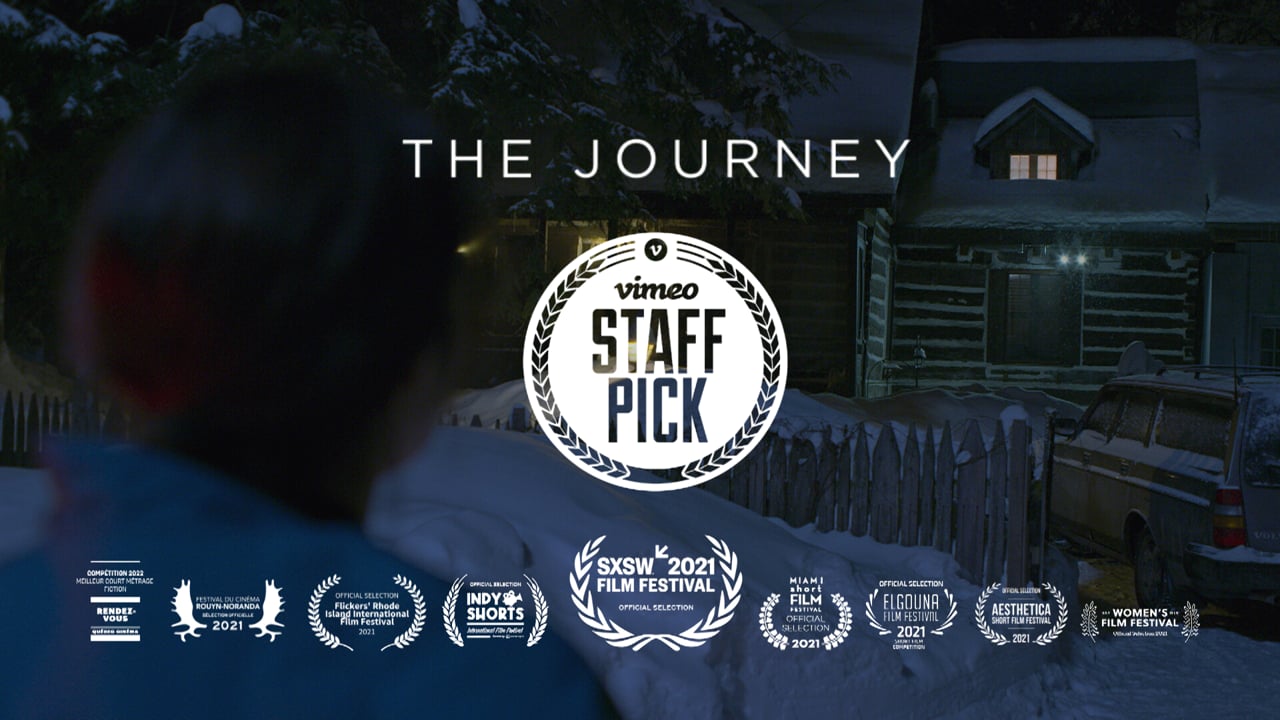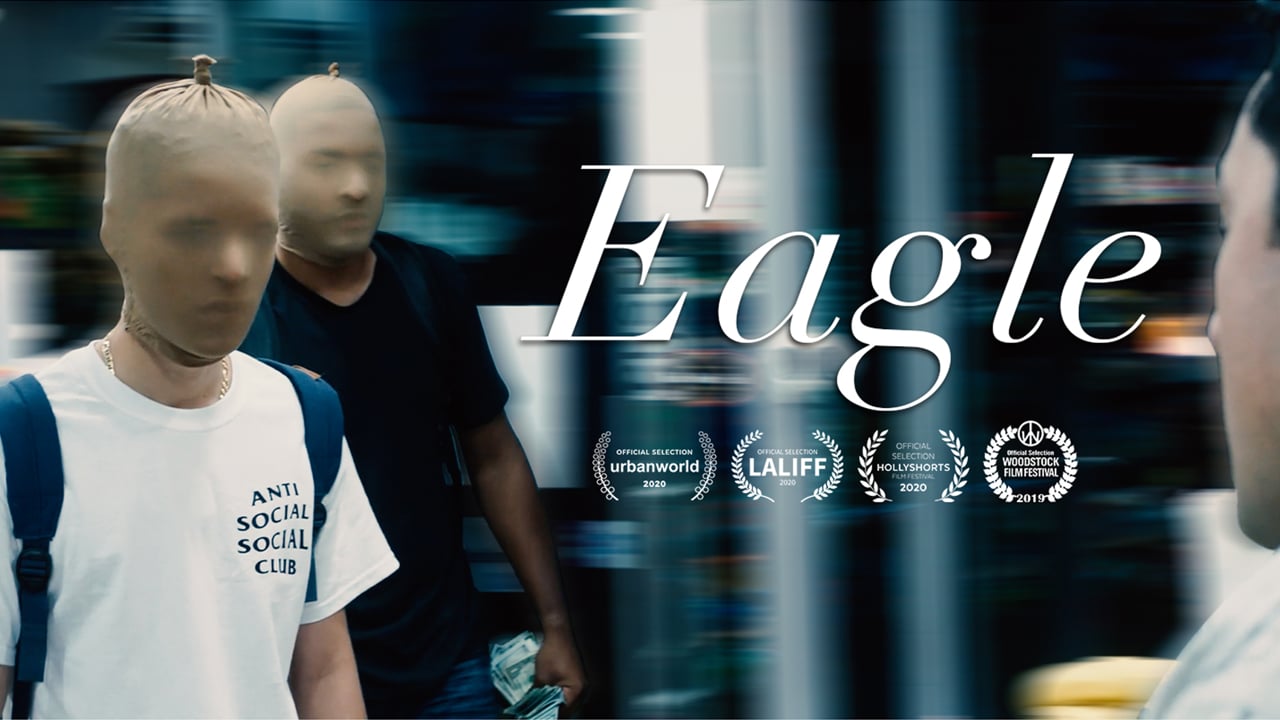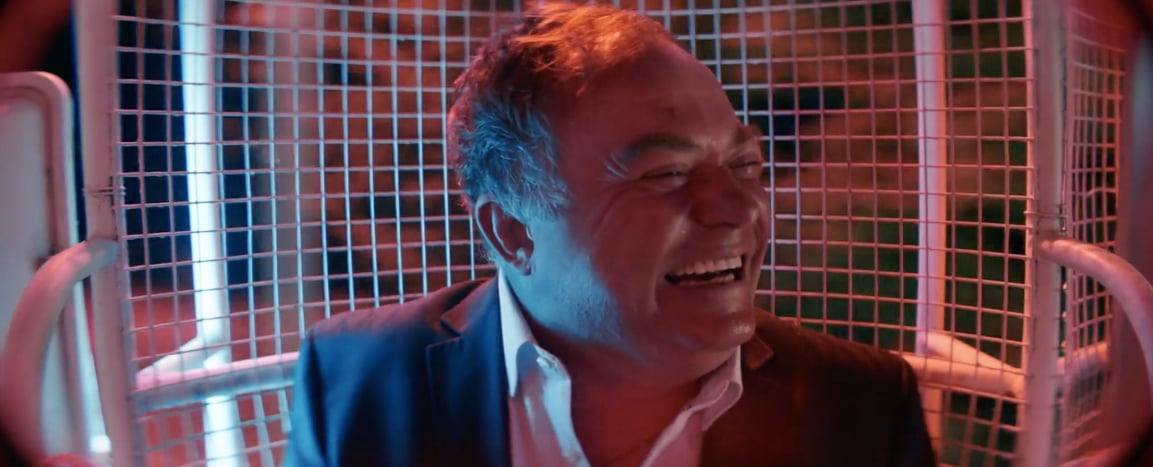As more and more film festivals transition online, Vimeo is continuing to support those festivals and the filmmakers screening there. The 25th edition of the Palm Springs International ShortFest took place from June 16-22, where the short film “Give Up The Ghost” by filmmaker Zain Duraie was selected for the Vimeo Staff Pick Award. The film is now available to view exclusively on Vimeo.
Duraie’s film follows Salam, a Jordanian wife whose dreams of becoming a mother are turned on its head when she discovers her husband is infertile. Instead of confronting the issue as a couple, the husband makes a decision that further exacerbates the issue at hand and becomes the catalyst for the dissolution of their relationship. Using subtle storytelling and a provocative plot, Duraie brilliantly reveals the issues behind gender and social taboos in Jordanian society and beyond.
Following her win at the Palm Springs International ShortFest, we reached out to Zain to ask her about her film and how it came to be.
On her inspiration:
It was inspired by the story of a couple I knew. Once I researched the subject, it got bigger in my head and my imagination stretched wider. I felt I would not be able to rest peacefully until I made this film.
On the stigmatization of infertility in Jordan:
I wouldn’t restrict the stigma to Jordan, I think this is a global issue. Infertility for men is much worse than for women, because they directly connect it to their manhood. On another note, I also read that many men commit suicide due to this, feeling less of a man. And this for me is such wrong thinking.
On the life of a single mother in Jordan:
It is difficult and looked down upon, and not so common. Wives stay with their husbands to avoid that and avoid the hardship and taboo of it all. Or they end up hiding at their parents’ house, but of course, are shamed. That’s not to mention that divorce is not normalized here like it should be.
On overcoming her own personal obstacles:
I am Salam, the main character, in so many ways. I believe that you should always follow your heart and not give up easily. It is also a subtext in the film. What if Salam’s life turns out different in the end after she walks out on this society? Perhaps she realizes this is the life she never wanted, but because of this pressure that outgrows her and the love she thought she had, it pushes her towards a different direction. This is all unsaid in the film, but it leaves the audience to delve into their imagination and think twice after the film ends. In conclusion, cinema for me is like this too. It is all about what is unsaid. Subtle and not direct.
On her upbringing in the Middle East:
I am still in the middle east. Thankfully my parents are very open minded and give me the freedom that I want. Of course, I face many judgments like the rest of us in the world. I believe we don’t entirely have our freedom as women even in modern families. Tradition and culture always seems to win because the majority follows it. I always challenge myself to stay away from cliches and avoid putting myself inside a box in order to please others. The problem is, we are asked to portray an image that doesn’t reflect the truth inside of us, and for me, Salam in the film projects this and does the complete opposite in the end.
On the ending:
I chose it because the character led me there. She is subtle and strong, and walking away from something that harms your peace takes courage and strength. I believe walking away from him and his family is the best thing she can ever do, and to go and find herself in a better place. She drops off the papers, which are open to interpretation for the audience in this manner, because this for her is like a sweet revenge and defending her pride, in a way. In a very gentle and subtle matter, leaving the whole drama and interaction that is about to happen after they read the test papers to your own imagination. I like to leave the audience wanting more, especially in shorts.
On working during COVID-19:
It took me a while to get back to writing again, so it has not been easy to be trapped at home. It had affected my state of mind. But slowly, when the lockdown decreased, I started to feel I can write again, and that the world is going to finally be okay again.



